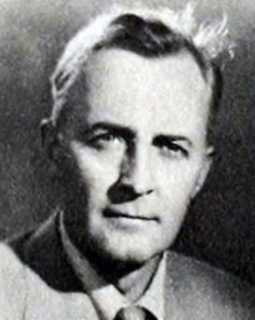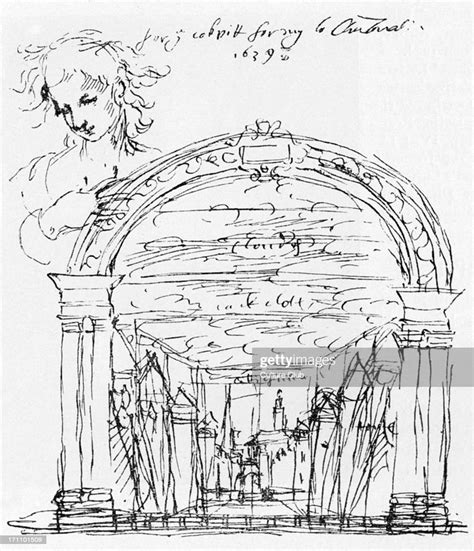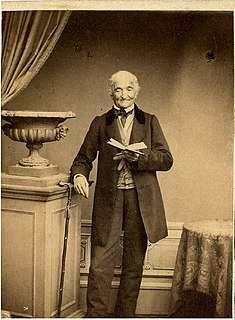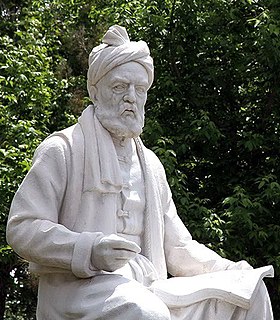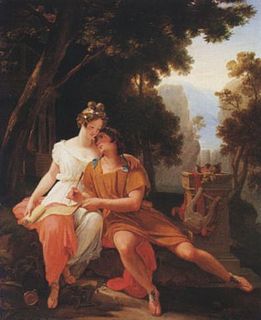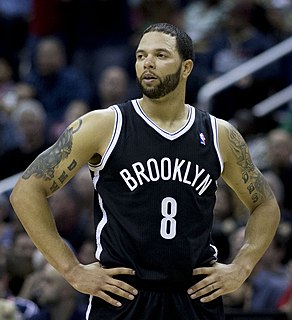A Quote by Francois de La Rochefoucauld
Nature seems at each man's birth to have marked out the bounds of his virtues and vices, and to have determined how good or how wicked that man shall be capable of being.
Related Quotes
Who is righteous? Anyone who is repenting. No matter how bad he has been, if he is repenting he is a righteous man. There is hope for him. And no matter how good he has been all his life, if he is not repenting, he is a wicked man. The difference is which way you are facing. The man on the top of the stairs facing down if much worse off than the man on the bottom step who is facing up. The direction we are facing, that is repentance; and that is what determines whether we are good or bad.
All too often we say of a man doing a good job that he is indispensable. A flattering canard, as so many disillusioned and retired and fired have discovered when the world seems to keep on turning without them. In business, a man can come nearest to indispensability by being dispensable in his current job. How can a man move up to new responsibilities if he is the only one able to handle his present tasks? It matters not how small or large the job you now have, if you have trained no one to do it as well, you're not available; you've made your promotion difficult if not impossible.
Man has been called a rational being, but rationality is a matter of choice-and the alternative his nature offers him is: rational being or suicidal animal. Man has to be man-by choice; he has to hold his life as a value-by choice; he has to learn to sustain it-by choice; he has to discover the values it requires and practice his virtues-by choice. A code of values accepted by choice is a code of morality.



